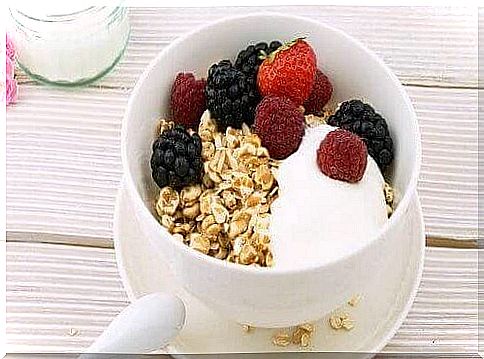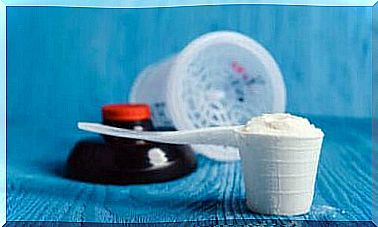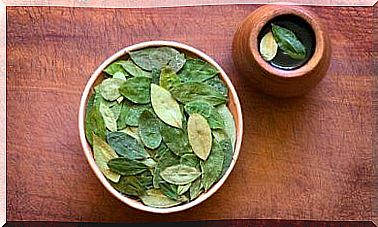Stimulate Your Gut Flora With These Good Habits

For an optimally functioning body, it is important that you take good care of your intestinal flora. So boost your gut flora with these good habits, which will help keep your digestive system healthy and prevent disease.
What is your gut flora?

Together they form a balanced, complex and self-regulating ecosystem. They are also part of the natural defense system, which prevents infections and other diseases.
The intestinal flora supports digestion and intestinal movements, fights the presence of harmful bacteria and helps prevent infections.
Your intestinal flora also strengthens your immune system, because the small amount of pathogens keeps the body’s defenses constantly alert and active. Other benefits of a healthy gut flora include:
- An increased lactose tolerance.
- Better absorption of calcium.
- Better liver protection by neutralizing harmful substances.
- Possible prevention of colon cancer.
Bad Habits That Are Harmful To Your Gut Flora

Just as good habits strengthen your gut flora, bad habits create negative changes. For example, this can result in gas and swelling, and increased production of nitrosamine, a chemical associated with me.
- First of all, a diet low in fiber or high in fried foods, sugar, red meat and processed foods can be very harmful.
- Eating raw or barely cooked food and drinking unpurified water also disrupts the balance.
- Stress, insomnia, tobacco, alcohol or antibiotics can affect the normal development of the intestinal flora.
- Age is also a risk factor. From the age of 60, the amount of good bacteria decreases and the number of harmful bacteria increases.
The digestive system
Our digestive system consists of the following body parts:
- mouth
- pharynx
- esophagus
- stomach
- small intestine
- large intestine
More than 95% of all bacteria reside in the digestive tract, especially in the large intestine. There are about 400 different types of microorganisms in each body, most of which are bacteria. In total they can weigh up to two kilos: that is about the weight of the liver!
Basic functions of the intestinal flora

The intestinal flora has three basic functions:
- protection and immunity
- metabolism and nutrition
- trophic level
In general, these are all important for healthy development of the organs.
An imbalance in the gut flora may be associated with the development of a number of serious conditions, such as:
- Diabetes
- Crohn’s disease
- Multiple sclerosis
- obesity
- Asthma
- Allergies
Stimulate your intestinal flora with these foods
Probiotics

Probiotic foods contain natural microorganisms. When taken in the right amount, they can boost your immune system, limiting disease and improving intestinal peristalsis.
Some examples are:
- Yogurt, cheese and fermented milk
- Fermented foods such as sauerkraut or kombucha.
- Olives, pickles and other vinegar-infused foods are especially rich in probiotics.
- There are also probiotic bacteria, namely lactobacillus and bifidobacterium.
Prebiotics

Prebiotic foods also stimulate the development of your intestinal flora. It is therefore important to include prebiotics in your diet in addition to probiotics.
- You can find them in, for example, garlic, onion, artichokes, spinach, bananas, soy and corn. These are also of great importance for the elderly.
This is how you stimulate your intestinal flora
Also stimulate your intestinal flora with this important good habit: eating lots of fruits and vegetables. In addition, it is important that you add prebiotic and probiotic foods to your diet.
- Yogurt, with no sugar or sweeteners, is a source of high-quality protein that helps regulate your appetite. It contains small peptides that regulate tension and can also counteract insulin resistance. In addition, yogurt also contains calcium and little lactose.
- Cheese made from raw milk is rich in probiotics, such as thermophilus, bifudus, bulgaricus and acidophilus. We recommend sheep or goat cheese.
- Milk enriched with bidifobacterium can also help. This competes with pathogens and, in certain cases, displaces them. In addition, it produces substances that fight intestinal infections. In some cases, it also helps with mild digestive problems.
- A very good habit that stimulates the intestinal flora is to drink 2 liters of water per day. In addition, it is also better not to consume too much animal protein.
- Finally, it is very important to wash your hands before eating and after going to the toilet.









